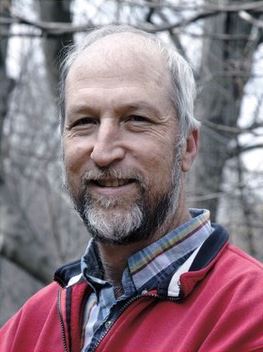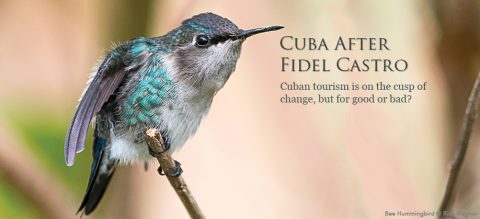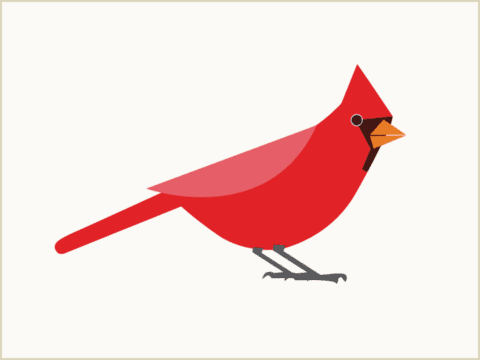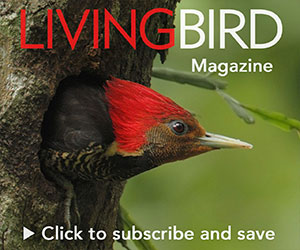View From Sapsucker Woods: In Memoriam: Russell Greenberg, 1953–2013
By John W. Fitzpatrick
January 15, 2014
We are blessed to appreciate how precious life is, but too painfully reminded how fleeting. The ornithological and bird conservation communities experienced this pain with the passing on 24 October 2013 of our beloved friend and remarkable colleague, Russell S. Greenberg. He had just turned 60.
Russ was director of the Smithsonian Migratory Bird Center, a pioneering, conservation-directed research institute that he helped found in 1991. While fighting pancreatic cancer, Russ remained energetic and upbeat, focused on research and family together with his amazing wife of 32 years, Judy Gradwohl, and their two children, Jeremy and Natalie. Russ was a unique man of quiet but immense thoughtfulness and vision. To those who knew him only slightly, he was a tall, soft-spoken, brilliant scientist-naturalist, who could open a professional talk with a sports story, or an even more distantly associated anecdote, to illustrate the angle he would pursue. (His famous practical joke during a seminar was to show what appeared to be an aerial picture of his tropical forest field site, only to reveal with more distant shots that it was broccoli heads.) To the considerable circle of friends, colleagues, and students who knew him well, Russ was a friendly, towering intellect with a wickedly deadpan sense of humor who generously gave of his time and out-of-this-world creativity.
As a Berkeley grad student in the late 1970s and a Smithsonian postdoc in the 1980s, Russ conducted landmark studies of Central American birds, especially migrant warblers. With ingenious experiments he showed that different species varied in their willingness to explore novel substrates. More specialized foragers were “neophobic” (avoiding novel stimuli) while more generalized foragers willingly probed unfamiliar objects. Evolutionary implications of this dichotomy were recognized early on by Russ, but only recently became mainstream topics in behavioral ecology and psychology. In 1989, Russ coauthored monumentally important publications alerting the world about the population declines of many Neotropical migrant birds. He was among the first to document the importance of shade-grown-coffee as habitat for wintering migrants, and is widely credited with initiating the transformational concept of “birdfriendly coffee.” At the Smithsonian, Russ advocated launching a public celebration of the return of migratory birds in the spring, an annual celebration now known as International Migratory Bird Day.
If the Rusty Blackbird is a poster child for declining songbirds (90 percent drop in numbers since 1965), we owe this to Russ Greenberg’s noticing the evidence and issuing a clarion call for widespread attention to this mysterious and troubling signal. He proposed that climate change is causing Rusties to disappear along the southern border of their boreal breeding grounds. Testing his hypothesis remains a job for the rest of us to tackle, as does perhaps his most surprising discovery yet—that bird beaks function as heat-loss radiators among species in warm climates. Russ was working hard on this project right to the end.
In August, Russ Greenberg received the prestigious Elliott Coues Award from the American Ornithologists’ Union, and he spoke of his childhood fondness for reading Coues’ writings. On a beautiful weekend in late September, admiring and privately grieving friends gathered from far and wide in Chestertown, Maryland, to celebrate life, nature, and science with Russ and Judy. The assembly was dubbed the “Greenberg Innovation Sessions” in recognition of Russ’s most distinctive hallmark. The question “What would Russ do?” sprang from the lips of every speaker at the meeting. His eyes sparkled and his wry smiles washed away, for that day, the anguish that lay ahead for all who loved him and whom he had mentored in so many ways. We are blessed to have known Russ, and the natural world is a better place for the 60 years he loved it.

All About Birds
is a free resource
Available for everyone,
funded by donors like you
American Kestrel by Blair Dudeck / Macaulay Library



